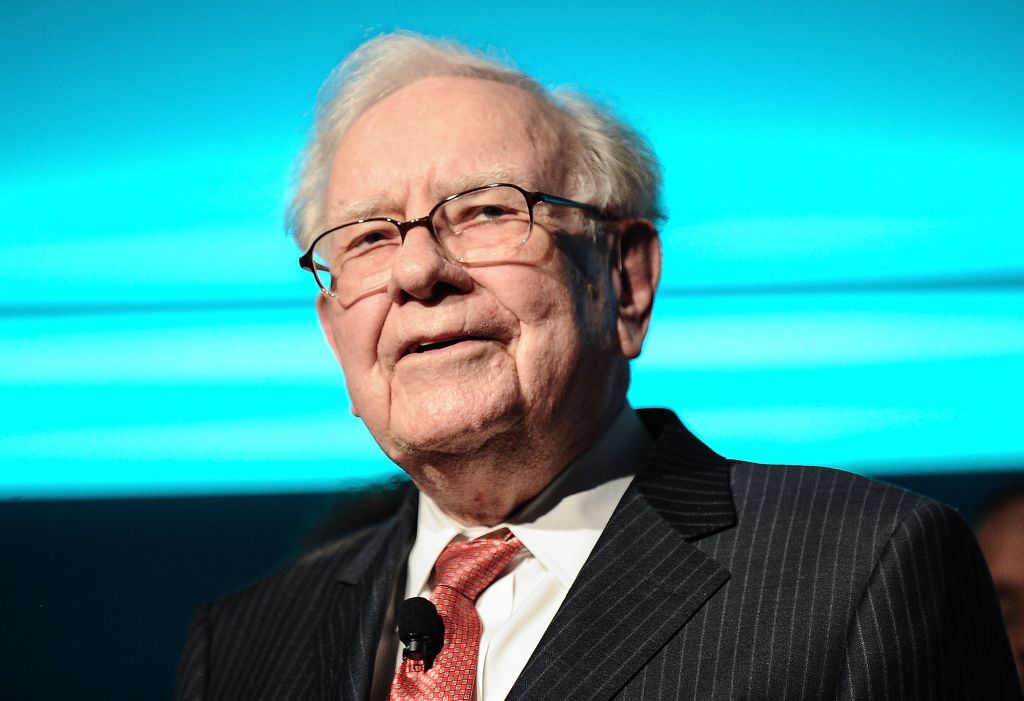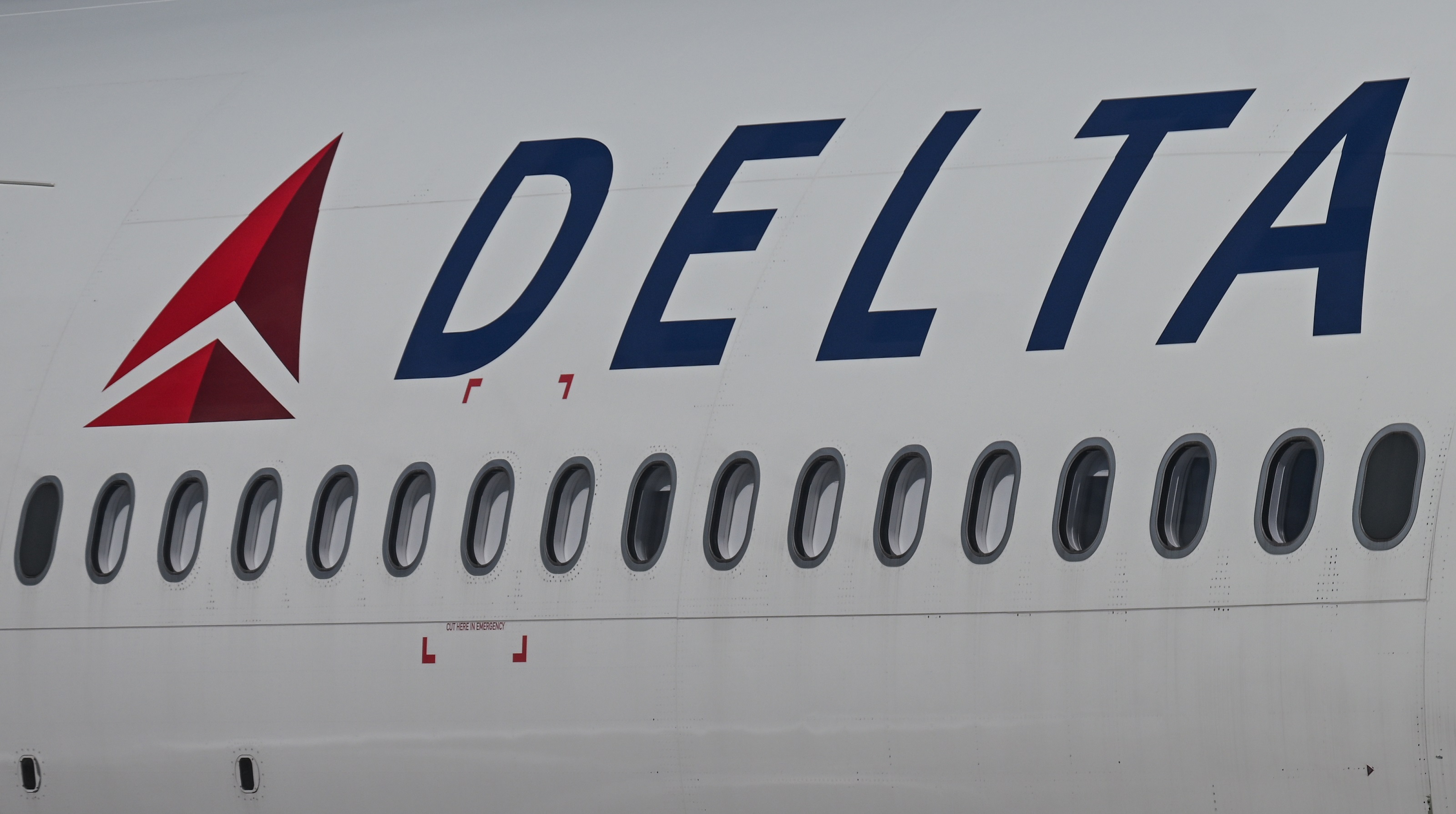Flying High With Airline Stocks
The notoriously cyclical sector is booming, but it always comes back to earth.
Profit and prosper with the best of Kiplinger's advice on investing, taxes, retirement, personal finance and much more. Delivered daily. Enter your email in the box and click Sign Me Up.
You are now subscribed
Your newsletter sign-up was successful
Want to add more newsletters?

Delivered daily
Kiplinger Today
Profit and prosper with the best of Kiplinger's advice on investing, taxes, retirement, personal finance and much more delivered daily. Smart money moves start here.

Sent five days a week
Kiplinger A Step Ahead
Get practical help to make better financial decisions in your everyday life, from spending to savings on top deals.

Delivered daily
Kiplinger Closing Bell
Get today's biggest financial and investing headlines delivered to your inbox every day the U.S. stock market is open.

Sent twice a week
Kiplinger Adviser Intel
Financial pros across the country share best practices and fresh tactics to preserve and grow your wealth.

Delivered weekly
Kiplinger Tax Tips
Trim your federal and state tax bills with practical tax-planning and tax-cutting strategies.

Sent twice a week
Kiplinger Retirement Tips
Your twice-a-week guide to planning and enjoying a financially secure and richly rewarding retirement

Sent bimonthly.
Kiplinger Adviser Angle
Insights for advisers, wealth managers and other financial professionals.

Sent twice a week
Kiplinger Investing Weekly
Your twice-a-week roundup of promising stocks, funds, companies and industries you should consider, ones you should avoid, and why.

Sent weekly for six weeks
Kiplinger Invest for Retirement
Your step-by-step six-part series on how to invest for retirement, from devising a successful strategy to exactly which investments to choose.
Lately, the skies have been unusually friendly for investors in the fickle airline industry. Over the past year (through November 5), the NYSE Arca Global Airline index surged 80.5%, beating Standard & Poor's 500-stock index by 66 percentage points. Can the sector keep it up? Don't bet on it.
One reason for the airlines' big move is that they are classic cyclical stocks. When the economy takes a dive, travel is one of the first expenses businesses and vacationers cut. As the economy picks up, airline profits rebound. Businesses reinstate travel budgets, so airlines get more passengers who pay full freight (as opposed to leisure travelers, who look for cheap seats).
Profit centers. One factor fueling a surge in earnings is the billions brought in by the fees airlines instituted for such things as luggage, food and pillows. Those fees fall right to the bottom line. By adding all of those nuisance charges and reducing the number of routes they fly, the "airlines have changed their business model," says Craig Hodges, co-manager of the Hodges Small Cap Fund.
From just $107.88 $24.99 for Kiplinger Personal Finance
Become a smarter, better informed investor. Subscribe from just $107.88 $24.99, plus get up to 4 Special Issues

Sign up for Kiplinger’s Free Newsletters
Profit and prosper with the best of expert advice on investing, taxes, retirement, personal finance and more - straight to your e-mail.
Profit and prosper with the best of expert advice - straight to your e-mail.
By cutting capacity, the airlines are better able to boost -- or at least maintain -- fare prices. They have done that by retiring aircraft and engaging in a frenzy of mergers. Delta Air Lines (symbol DAL) merged with Northwest in 2008. On October 1, United Airlines closed its merger with Continental Airlines to create the new United Continental Holdings (UAL). This came just days after Southwest Airlines (LUV), the largest U.S. discount carrier, agreed to buy AirTran Holdings (AAI), a low-cost rival, for $1.4 billion.
Still, not everyone is convinced that the airlines have transformed from money pits -- in which most of the big players have gone through bankruptcy at least once -- to solid, long-term investments. "I'm reluctant to say it's different this time," says Helane Becker, an analyst at Dahlman Rose & Co., a New York City-based investment bank. "Stuff always goes wrong."
The obstacles facing the industry include a high unemployment rate, which will keep consumer confidence low. And if taxes increase in 2011, disposable income will drop. Plus, as always, the industry is unable to control its largest cost: the price of jet fuel.
Given the industry's record and the recent run-up in share prices, it's hard to be enthusiastic about the stocks. Southwest is the best bet. The Dallas company should be able to dominate the U.S. market after it consummates its acquisition of AirTran. By cutting fares and refusing to charge for bags, Southwest will be a big hit in the high-fare markets it moves into, such as New York City, Atlanta and Washington, D.C. That will not only increase Southwest's market share but also take a toll on the revenues of competing airlines in these cities. Southwest's takeover of AirTran's Atlanta hub will hit Delta especially hard.
Southwest reflects the industry's improving profit picture. The company earned $143 million, or 19 cents a share, in 2009. Analysts expect 93 cents in 2011. The stock has recovered from about $5 in March 2009 to $14.19 in November 2010. "While Southwest is straying from its traditional business model with the proposed acquisition, we think the benefits are likely to outweigh the risks," says Standard & Poor's analyst Jim Corridore. His one-year price target: $17.
Profit and prosper with the best of Kiplinger's advice on investing, taxes, retirement, personal finance and much more. Delivered daily. Enter your email in the box and click Sign Me Up.
-
 Dow Adds 1,206 Points to Top 50,000: Stock Market Today
Dow Adds 1,206 Points to Top 50,000: Stock Market TodayThe S&P 500 and Nasdaq also had strong finishes to a volatile week, with beaten-down tech stocks outperforming.
-
 Ask the Tax Editor: Federal Income Tax Deductions
Ask the Tax Editor: Federal Income Tax DeductionsAsk the Editor In this week's Ask the Editor Q&A, Joy Taylor answers questions on federal income tax deductions
-
 States With No-Fault Car Insurance Laws (and How No-Fault Car Insurance Works)
States With No-Fault Car Insurance Laws (and How No-Fault Car Insurance Works)A breakdown of the confusing rules around no-fault car insurance in every state where it exists.
-
 Dow Hits a Record High After December Jobs Report: Stock Market Today
Dow Hits a Record High After December Jobs Report: Stock Market TodayThe S&P 500 also closed the week at its highest level on record, thanks to strong gains for Intel and Vistra.
-
 Stocks Retreat as Shutdown Continues: Stock Market Today
Stocks Retreat as Shutdown Continues: Stock Market TodayWhile the main indexes closed lower today, Delta and PepsiCo gained ground on encouraging earnings reports.
-
 Stock Market Today: Solid Signals Lift Stocks Despite Tariff Noise
Stock Market Today: Solid Signals Lift Stocks Despite Tariff NoiseMarkets are whistling over the White House in an ongoing display of corporate America's enduring ability to survive and advance.
-
 Stock Market Today: Tariff Pause Triggers 3,000-Point Dow Rally
Stock Market Today: Tariff Pause Triggers 3,000-Point Dow RallyThe bond market is sending concerning signals as the Trump administration executes its rapid reordering of global trade relationships.
-
 7 of Warren Buffett's Biggest Misses
7 of Warren Buffett's Biggest MissesThe Oracle of Omaha's investing wins are well known up and down Wall Street, but no one bats a thousand. Here are some of Warren Buffett's biggest misses.
-
 Stock Market Today: Dow Slides 697 Points on Super-Hot Jobs Data
Stock Market Today: Dow Slides 697 Points on Super-Hot Jobs DataWhen the December nonfarm payrolls report hit the tape, there was no question which way stocks would go at Friday's opening bell.
-
 Delta Stock Remains a Strong Buy After Earnings
Delta Stock Remains a Strong Buy After EarningsDelta stock is soaring Friday after the air carrier beat earnings expectations and issued a strong outlook. Here's what investors need to know.
-
 Stock Market Today: Markets March Higher as Strong Earnings Offset Weakness in Chips
Stock Market Today: Markets March Higher as Strong Earnings Offset Weakness in ChipsUpbeat quarterly results helped stocks bounce back with broad-based gains.